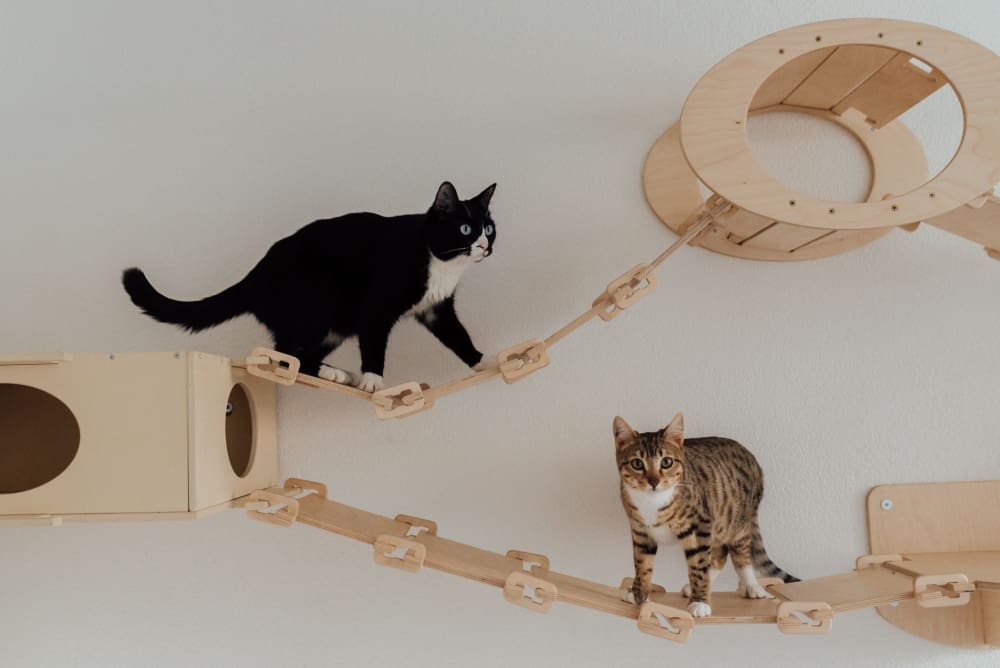Transporting Pets
Whether you are going abroad with your pet or bringing your pet to the Netherlands for the first time, it is important to take note of the rules and regulations around travelling with an animal.
The rules for traveling with pets differ per airline. There are three ways for them to travel:
- in the cabin
- cargo space
- on another flight
Most of the time, they will travel in the cargo space and airlines will ensure that the temperature is safe for animals. Very few airlines allow animals to travel in the cabin.
Transport boxes guarantee your pet’s safety, and there are certain requirements fur using them:
1. Dogs and cats must be able to stand and sit without hitting their head on the ceiling of the box
2. You have to prominently and clearly label the box with your pet’s name and owner’s contact information.
3. If your pet is a specie that require a health certificate, you need to attach an extra copy. Animals that require a health certificate are:
- dogs
- cats
- ferrets
- birds
- horses
- cows (and other ungulates or hooded animals)
- minks
- foxes
You can obtain a health certificate from a certified veterinarian in the country you are moving from.
When travelling with a pet in a travel box, please note:
- The box must have a secure, spring-loaded, all-around locking system with pins extending beyond the horizontal extrusions above and below the door
- The container must be ventilated on at least three sides minimum for domestic travel
- The container must have “LIVE ANIMAL” stickers on the top and sides in letters at least one inch tall
Cats, dogs and ferrets that are unaccompanied by their owners are considered cargo and must be examined by a veterinarian less than 24 hours before departure for the Netherlands. They must travel with a certificate stating the date and time of the exam. The animal will be examined again upon arrival.
It is prohibited to bring protected species of flora and fauna into the Netherlands, such as:
- Exotic plants, such as orchids or cacti
- Monkeys, snakes and many other tropical animals
- Coral and shells
- All products and articles created from endangered plants and animals
In order to bring a protected species of animal and/or plant to the Netherlands, you will need a CITES certificate from customs. Check the authorities of the country where you bought the item. In some cases you will also need a CITES import permit. Check the CITES website for more information

